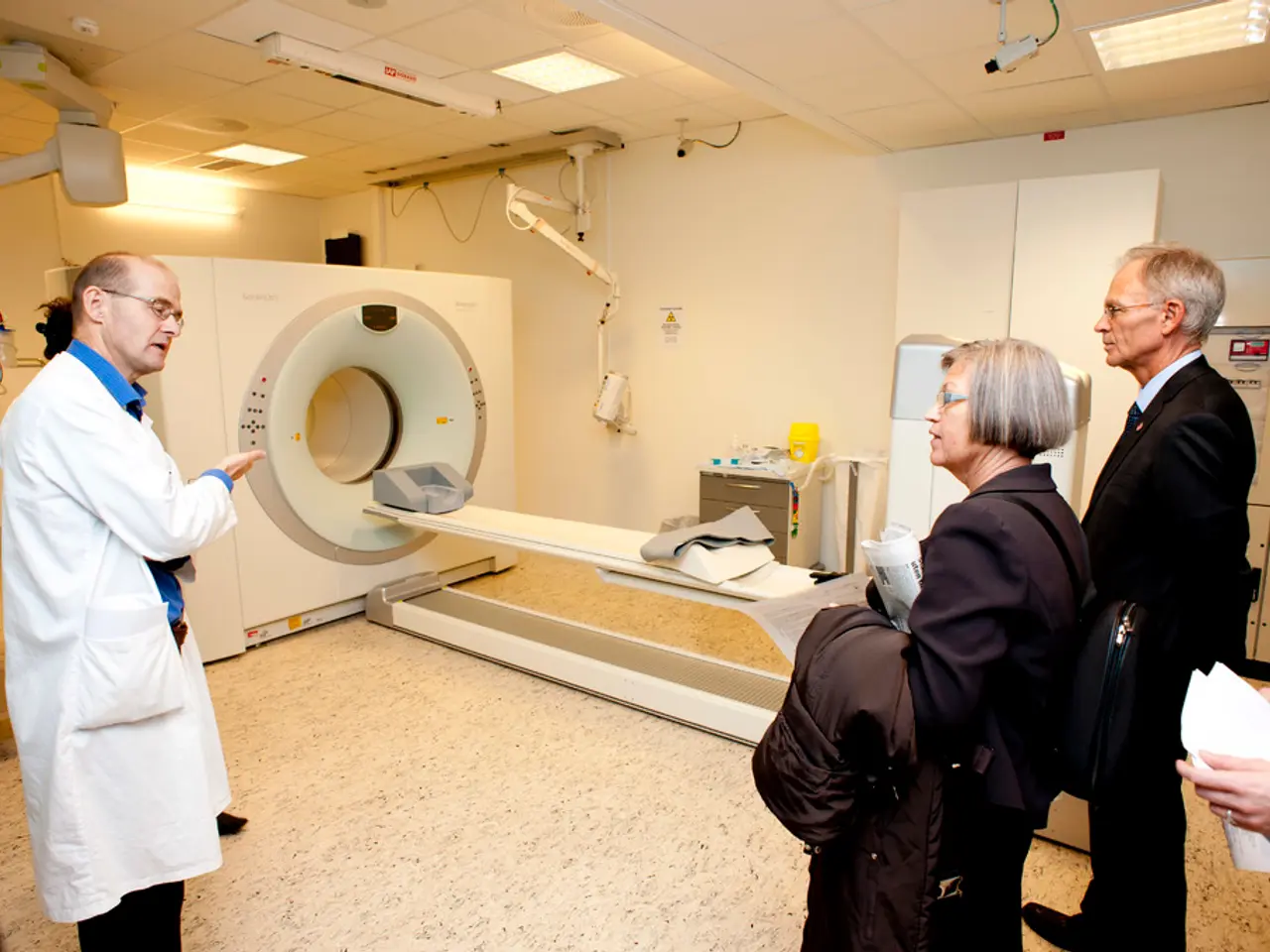The Impact of Cloud Computing on the Evolution of Life Sciences Research
In the realm of life sciences, cloud computing is heralding a new era of data-driven research and innovation. By fundamentally transforming how data is accessed, processed, and analysed, cloud platforms are enabling faster, more collaborative, and insightful scientific discovery.
One of the key ways cloud computing achieves this transformation is by breaking down historical data silos. Cloud platforms integrate diverse data types—from genomic sequences, proteomics, clinical trial results, to real-world evidence—into unified analytical frameworks. This consolidation breaks down traditional data silos, enabling researchers to uncover insights previously unattainable due to fragmented data sources.
Another significant advantage of cloud computing is real-time data access and analysis. Instead of downloading data for local processing, researchers can stream data directly to secure cloud environments. This accelerates research cycles by allowing immediate application of advanced analytics and ensuring thorough data provenance, which enhances reproducibility.
Cloud-based platforms also offer scalable high-performance computing (HPC) resources. Legacy on-premises HPC systems often limit scalability and speed. Cloud-based HPC-as-a-Service provides scalable, secure, and cost-effective computing resources tailored for intensive research workloads such as AI-driven drug discovery, genome analysis, and protein folding simulations. This scalability reduces bottlenecks and accelerates scientific breakthroughs.
Cloud computing also fosters collaboration among distributed global research teams. For instance, during Pfizer’s COVID-19 vaccine development, cloud infrastructure facilitated faster data processing, monitoring, and real-time trial adjustments by researchers worldwide.
Moreover, cloud-native environments support integration with AI, quantum computing, and federated learning techniques, improving the ability to analyse massive and complex datasets, predict outcomes, and optimise clinical trials or drug development processes.
To successfully implement cloud computing, it is crucial to strike a balance between innovation and operational stability. This involves establishing distinct environments with appropriate controls. The selected cloud platform should demonstrate robust security controls and possess relevant certifications for regulatory compliance in different global jurisdictions.
The transformation brought about by cloud computing involves a strategic rethinking of the entire research framework, rather than just enhancing data infrastructure or implementing technological upgrades. Organisations are rethinking research frameworks to treat cloud computing as a core strategic asset rather than just technology infrastructure. This shift emphasises investing in talent, governance, and cloud-tailored platforms to accelerate innovation and improve global health outcomes.
In conclusion, cloud computing enables the life sciences industry to accelerate data-driven research by streamlining data integration, enhancing computational power, fostering collaboration, and supporting advanced analytics. These combined advantages shorten discovery timelines and enable more effective development of therapies and innovations.
- In the context of health-and-wellness, cloud computing's integration of diverse data types, such as genomic sequences and clinical trial results, is driving faster and more collaborative scientific discoveries for therapies and treatments like the COVID-19 vaccine developed by Pfizer.
- The finance sector can benefit from investing in cloud-based platforms, as they offer scalable high-performance computing resources for intensive research workloads like AI-driven drug discovery, reducing bottlenecks and accelerating scientific breakthroughs.
- For businesses looking to understand and improve their business operations, data-and-cloud-computing technology can support integration with AI, quantum computing, and federated learning techniques to analyze massive and complex datasets, predict outcomes, and optimize processes.
- In the real-estate industry, securing a cloud platform with robust security controls and relevant certifications for regulatory compliance in global jurisdictions can ensure data security and privacy, vital aspects in today's digital world.
- The advancement of technology through cloud computing is also impacting the therapies-and-treatments industry, as it supports investment in talent, governance, and cloud-tailored platforms, emphasizing the need for a strategic rethinking of research frameworks to accelerate innovation and improve global health outcomes.




